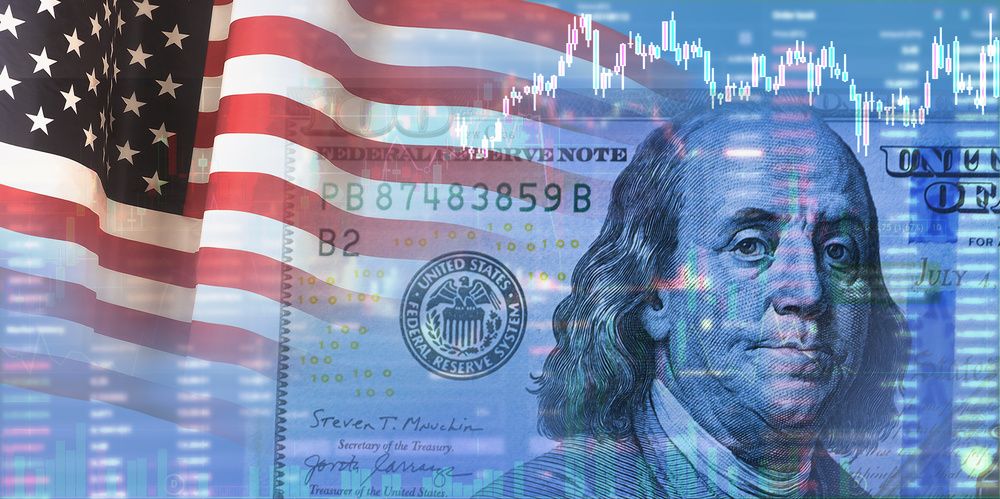The Fed wants to set up a specialized cryptocurrency team
The US central bank wants to hire experts from the virtual currency industry amid concerns about “unregulated” stablecoins.
The US Federal Reserve (Fed) intends to create a dedicated cryptocurrency team to keep up with the development of this innovative industry. The announcement comes against the backdrop of growing US central bank concerns over “unregulated” stablecoins.
The Fed wants to set up its own cryptocurrency team
The American central bank wants to stay up to date with the news in the virtual currency industry, gain knowledge in this field and keep an eye on a number of possible events that may occur in the future. For this reason, the US central bank decided to establish a special group of experts specialized in this industry.
During a speech on March 9 this year, Fed vice-chairman Michael Barr emphasized that innovation always comes quickly, but consumers need more time to realize that they can not only gain, but also lose money on the use of financial instruments .
The official stated that digital currencies could have a significant and transformative impact on the entire financial sector. In his opinion, the benefits of innovation can only be realized when there are appropriate protective barriers and regulatory provisions.
According to Michael Barr, a balance is needed between over-regulation, which can stifle technological progress, and under-regulation, which allows significant damage to households, businesses and the financial system.
Criticism aimed at stablecoins
Among the sub-sectors of cryptocurrencies that raise great concerns, the vice-chairman of the Fed listed the so-called stable virtual currencies. Michael Barr said that the assets backing stablecoins are not liquid, which he believes is a problem for investors who would like to withdraw their funds. Going further, the official considered that the mismatch of value and liquidity is the easiest route to insolvency.
According to Michael Barr, the lack of regulation of stablecoins could put households, businesses and the wider economy at risk.



